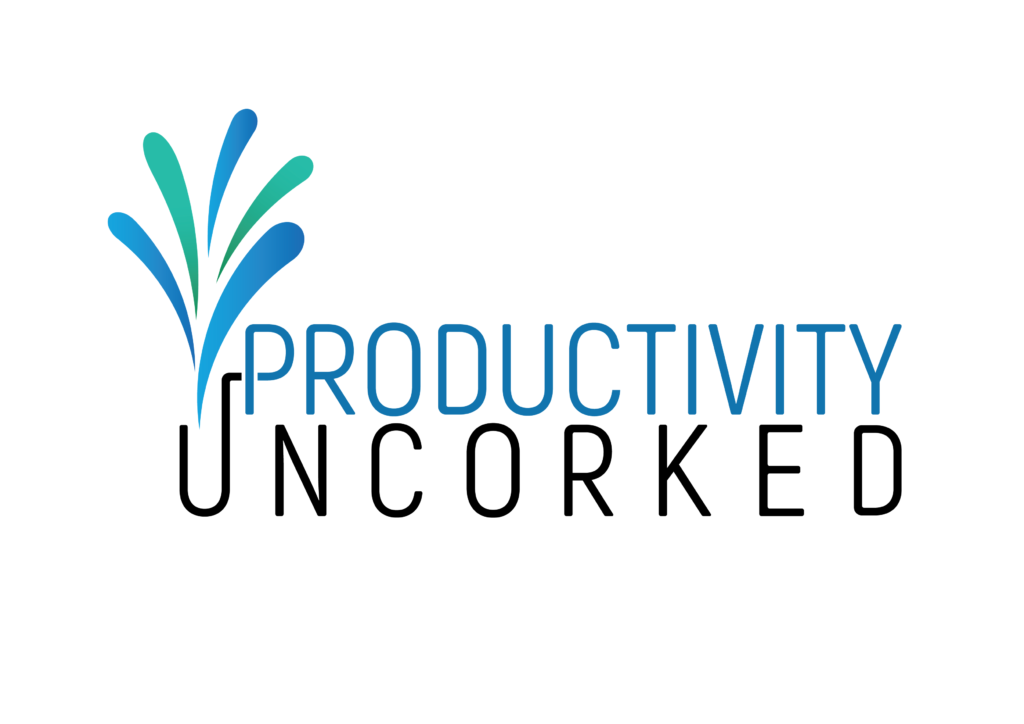Become a WLA Ambassador Strategic
Business Partner
Business Partner
Partners in advancing a nationwide movement for positive change in the financial advising industry
Ambassador Business Partner Benefits:
- Recognition as a WLA Ambassador Business, a designation reflecting your company’s commitment to gender equity and inclusion
- Your company logo featured on WLA Website, at Ambassador events, and in promotional materials
- Access to ambassador events and resources for up to 20 advisors or staff in your firm Eligibility WLA mentorship and internship programs
- Access WLA provided tools and resources to share in your presentations & among your circle of influence
- Opportunity to partner on WLA research related to attracting, retaining, and advancing
- Opportunity to promote openings within your company to WLA Ambassador community
- Invitation to be featured on Ambassador webinar industry panels Invitations to WLA onsite community events around the country
Investment: $5000/Year
In addition to an annual $5000 investment, WLA Ambassador Business Partners pledge to engage in practices that support gender inclusion and equity within their business.
Contact Executive Director, Stephanie Gularte, for more information.
Stephanie@WomensLeadAlliance.org




















